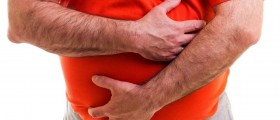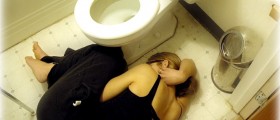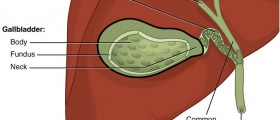
The abdomen is part of the body which extends from the pelvic area to the chests so it is the place where most of the vital organs are situated. There is hardly any one in the world who has never felt some kind of discomfort in this part of the body. Whenever some organ is impaired, damaged or hurt, it leads to the appearance of the specific symptoms which warn the affected person about the possible presence of some disorder or disturbance in the specific part of the body. Similarly, when the upper abdomen is bloated, it is certainly the symptom or the consequence of some underlying condition.
Bloating of the upper abdomen is interpreted in different ways in different people since they differently experience it. While some experience it as a pain or tightness, there are some who have a feeling that their stomachs are full even though they have not eaten recently or just ate small quantities of food. In most cases, the trapped gas inside the intestines, as well as inside of the stomach is the prime cause for the occurrence of the upper abdominal bloating. However, there are a number of other possible reasons behind this condition.
Causes of upper abdominal bloating
- www.nhs.uk/conditions/stomach-ache/
- www.nhs.uk/live-well/eat-well/remedies-for-bloating-and-wind/
- Photo courtesy of Russ Anderson by Wikimedia Commons: commons.wikimedia.org/wiki/File:Abdominal_muscles_of_a_woman.jpg
















Your thoughts on this
Loading...